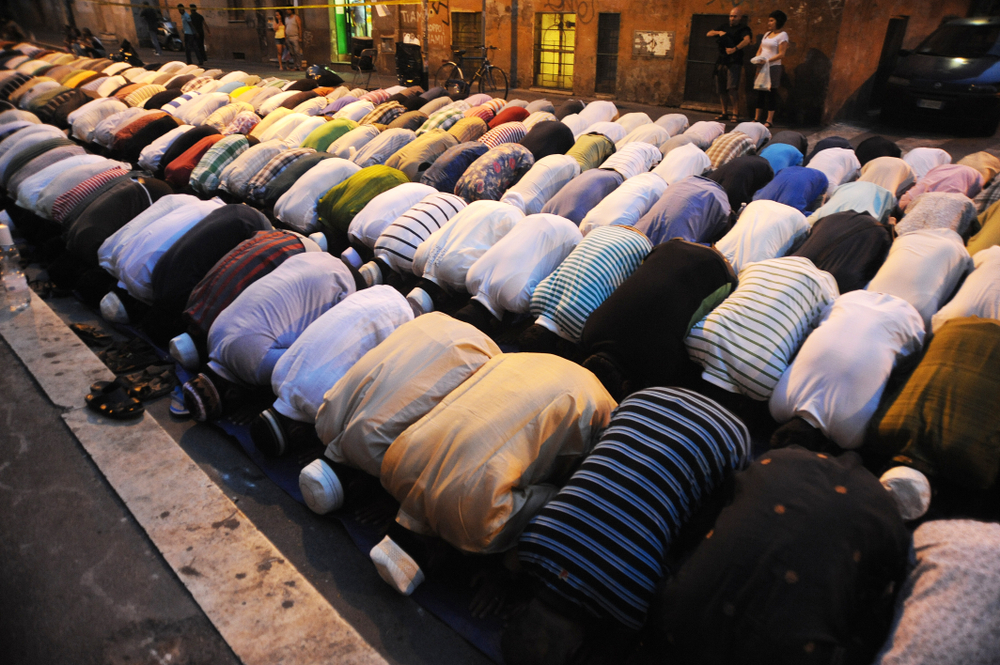Why Is Islam Difficult and Restrictive?
Answered by Shaykh Yusuf Weltch
Question
Why Islam seems to be extremely difficult and restrictive? Could you please advise?
Answer
In the Name of Allah, the Most Merciful and Compassionate.
Islam is not difficult in so far as living a life that is aligned with the minimum requirements of the Sacred Law.
However, I do agree that people (sometimes even “scholars”) may make religious practice difficult due to a strict observation of what seems to be imposed caution. Cautiousness is indeed an encouragement. But the only requirement is to follow the bare limits of the Sacred Law.
The Messenger of Allah (may Allah bless him and give him peace) said, “Make things easy for people and do not make them difficult. Give glad tidings and do not drive people away…” [Bukhari]
Restriction
In comparison to non-Muslims, there is indeed a level of restriction that one who follows the minimum requirements of Islam will experience. This may apply to all aspects of their life.
The Messenger of Allah (may Allah bless him and give him peace) said, “This world is the prison for the Believer and the paradise of the Disbeliever.” [Tirmidhi]
A disbeliever may eat whatever they want, whereas the Muslim does not eat pork or unslaughtered meat.
A disbeliever may drink whatever they want, whereas the Muslim does not drink wine.
A disbeliever can sleep late into the morning, whereas a Muslim is required to pray Fajr.
This level of restriction is part and parcel of living a disciplined, principled religious life and in fact, assists the Muslim in having structure, discipline, and purpose.
Voluntary Restriction
Beyond this, there is voluntary restriction that one may choose to take on in hopes of reaching higher levels of closeness to Allah Most High: such as not spending their time on permissible things and preferring to do additional acts of worship.
This is very different than the restriction some experience from certain individuals, communities, or ideologies. This type of restriction is not to be blamed on Islam itself, but rather the understanding of individuals.
Related: Why Should Someone Be Muslim If Everything Is Haram?
Hope this helps
Allah knows best
[Shaykh] Yusuf Weltch
Checked and Approved by Shaykh Faraz Rabbani
Shaykh Yusuf Weltch teaches Arabic, Islamic law, and spirituality. After accepting Islam in 2008, he completed four years at the Darul Uloom Seminary in New York, where he studied Arabic and the traditional sciences.
He then traveled to Tarim, Yemen, where he studied for three years in Dar al-Mustafa under some of the most outstanding scholars of our time, including Habib Umar Bin Hafiz, Habib Kadhim al-Saqqaf, and Shaykh Umar al-Khatib.
In Tarim, Shaykh Yusuf completed the memorization of the Quran and studied beliefs, legal methodology, hadith methodology, Quranic exegesis, Islamic history, and several texts on spirituality. He joined the SeekersGuidance faculty in the summer of 2019.
